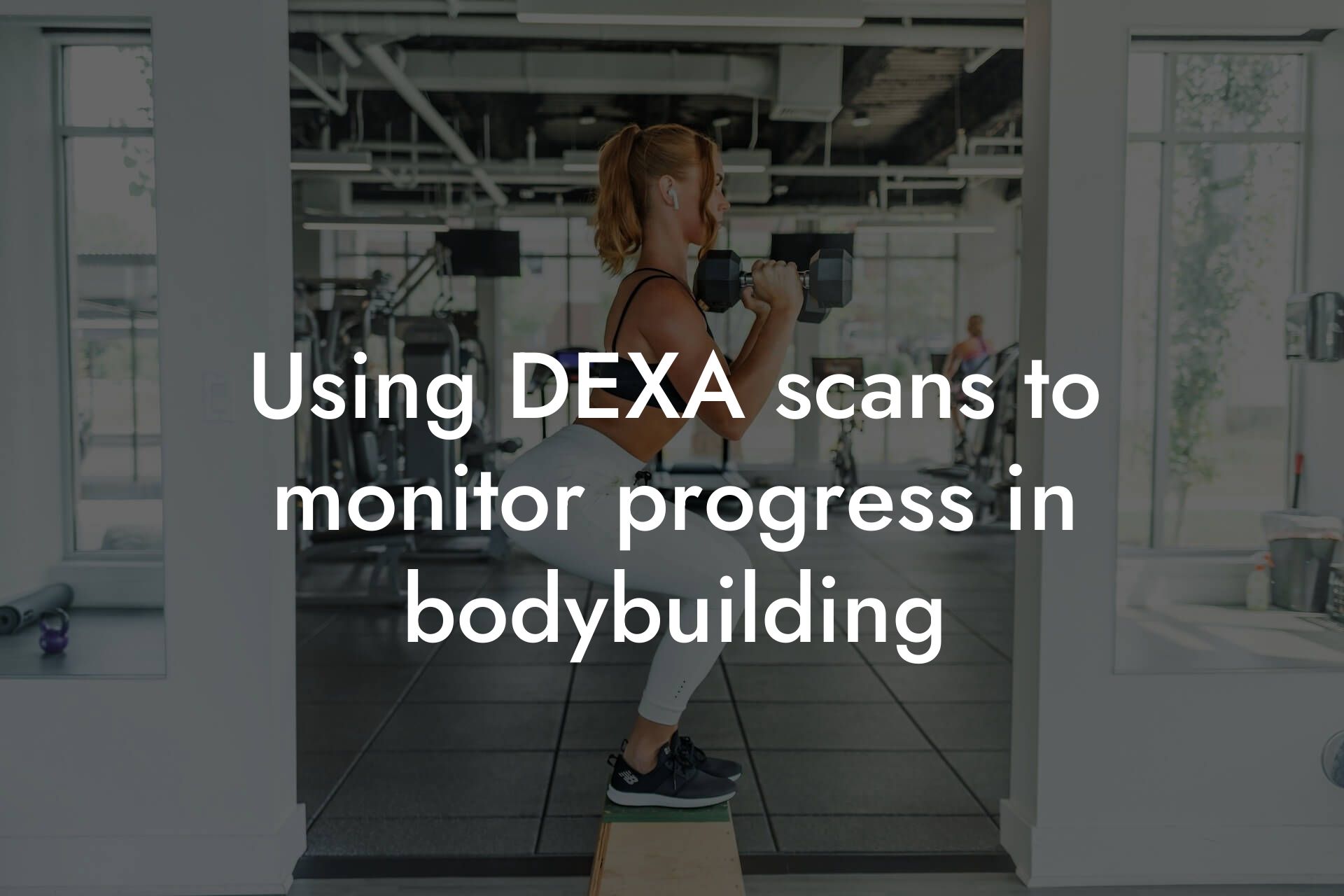As a high-earning professional, you understand the value of investing in your physical appearance and overall health. Building muscle mass is a crucial aspect of achieving your fitness goals, and nutrition plays a vital role in this process. A well-planned diet provides your body with the necessary building blocks to support muscle growth, repair, and maintenance. In this article, we will delve into the world of nutrition and explore the essential principles and strategies to optimize muscle growth.
Table of Contents
- Caloric Intake: The Foundation of Muscle Growth
- Macronutrient Breakdown: The Ideal Ratio
- Protein: The Building Blocks of Muscle
- Carbohydrates: The Energy Source for Muscle Growth
- Healthy Fats: The Hormone Regulators
- Meal Frequency and Timing: Optimizing Muscle Growth
- Supplements: Enhancing Muscle Growth
- Monitoring Progress and Adjusting Your Diet
- Frequently Asked Questions
Caloric Intake: The Foundation of Muscle Growth
To build muscle, you need to be in a calorie surplus, meaning you consume more calories than your body burns. This excess energy is then used to fuel muscle growth and repair. Aim to increase your daily caloric intake by 250-500 calories to support muscle growth. However, it's essential to note that the quality of your diet is equally important as the quantity. Focus on consuming nutrient-dense foods, including lean proteins, complex carbohydrates, and healthy fats.
Macronutrient Breakdown: The Ideal Ratio
A well-balanced diet should consist of the following macronutrient ratio:
Protein: 1.6-2.2 grams per kilogram of body weight
Carbohydrates: 2-3 grams per kilogram of body weight
Fat: 0.5-1 gram per kilogram of body weight
This ratio provides your body with the necessary building blocks for muscle growth, energy production, and hormone regulation. Adjust this ratio based on your individual needs and progress.
Protein: The Building Blocks of Muscle
Protein is the most critical macronutrient for muscle growth, as it provides the necessary amino acids for muscle repair and growth. Aim to consume 1.6-2.2 grams of protein per kilogram of body weight from sources such as:
Lean meats: chicken, turkey, fish
Eggs and dairy products
Legumes: beans, lentils, chickpeas
Plant-based protein powders: whey, casein, pea
Carbohydrates: The Energy Source for Muscle Growth
Carbohydrates provide energy for your workouts and support muscle growth. Focus on consuming complex carbohydrates, including:
Whole grains: brown rice, quinoa, whole wheat bread
Fruits and vegetables
Legumes: beans, lentils, chickpeas
Healthy Fats: The Hormone Regulators
Healthy fats are essential for hormone regulation, which plays a critical role in muscle growth. Include sources of healthy fats in your diet, such as:
Nuts and seeds: almonds, walnuts, chia seeds
Avocado and olive oil
Fatty fish: salmon, tuna, mackerel
Meal Frequency and Timing: Optimizing Muscle Growth
To optimize muscle growth, aim to eat 5-6 meals per day, spaced out every 2-3 hours. This includes 3 main meals and 2-3 snacks in between. Post-workout nutrition is critical, as it helps to promote muscle recovery and growth. Aim to consume a meal with a ratio of 2:1 or 3:1 carbohydrates to protein within 30-60 minutes after your workout.
Supplements: Enhancing Muscle Growth
While a well-planned diet is essential, supplements can help to enhance muscle growth. Consider adding the following supplements to your regimen:
Protein powder: whey, casein, or plant-based options
Creatine: increases strength and endurance
Branched-Chain Amino Acids (BCAAs): reduces muscle soreness and fatigue
Hydrolyzed protein: fast-digesting protein for post-workout recovery
Monitoring Progress and Adjusting Your Diet
Regularly monitoring your progress is crucial to optimize muscle growth. Use the following metrics to track your progress:
Body weight
Body fat percentage
Lean body mass
DEXA scan results (if available)
Adjust your diet based on your progress, and be patient. Muscle growth takes time, and consistency is key.
At Tano Performance Group, we understand the importance of nutrition in achieving your fitness goals. Our DEXA machine provides a comprehensive body assessment, giving you the necessary information to optimize your diet and training regimen. By following the principles outlined in this article, you'll be well on your way to achieving your muscle growth goals.
Frequently Asked Questions
What is the importance of nutrition in muscle growth?
Nutrition plays a crucial role in muscle growth as it provides the necessary building blocks for muscle tissue repair and growth. Adequate nutrition helps to fuel muscle growth, enhance muscle recovery, and support overall muscle function. A well-planned diet can make a significant difference in achieving muscle growth goals.
What are the essential nutrients for muscle growth?
The three essential macronutrients for muscle growth are protein, carbohydrates, and healthy fats. Protein provides the necessary amino acids for muscle tissue repair and growth, carbohydrates provide energy for workouts, and healthy fats support hormone production and overall health.
How much protein do I need to consume for muscle growth?
The recommended daily protein intake for muscle growth varies depending on individual factors such as weight, activity level, and goals. Generally, it is recommended to consume 1.2-1.6 grams of protein per kilogram of body weight daily, spread across 3-5 main meals and 2-3 snacks.
What are the best sources of protein for muscle growth?
The best sources of protein for muscle growth include lean meats such as chicken, turkey, and beef, fish, eggs, dairy products, legumes, and plant-based protein powders. It's essential to consume a variety of protein sources to ensure you're getting all the necessary amino acids.
Can I build muscle without carbohydrates?
While it's possible to build muscle without carbohydrates, it's not the most effective approach. Carbohydrates provide energy for workouts, support muscle recovery, and help regulate hormone production. A balanced diet that includes complex carbohydrates such as whole grains, fruits, and vegetables is essential for optimal muscle growth.
What is the role of healthy fats in muscle growth?
Healthy fats are essential for hormone production, which plays a critical role in muscle growth. They also provide energy, support brain function, and help regulate inflammation. Include sources of healthy fats such as nuts, seeds, avocados, and olive oil in your diet.
How often should I eat to support muscle growth?
To support muscle growth, it's recommended to eat 5-6 meals per day, spaced out every 2-3 hours. This includes 3 main meals, 2-3 snacks, and 1-2 post-workout shakes. Eating frequently helps to maintain a positive nitrogen balance, which is essential for muscle growth.
What is the importance of post-workout nutrition?
Post-workout nutrition is critical for muscle recovery and growth. Consuming a mix of carbohydrates and protein within 30-60 minutes after a workout helps to replenish energy stores, reduce muscle soreness, and promote muscle growth.
Can I build muscle with a vegan diet?
Yes, it's possible to build muscle with a vegan diet. However, it requires careful planning to ensure you're getting all the necessary nutrients. Include plant-based protein sources such as legumes, beans, and tofu, and consider supplementing with vegan protein powder and creatine.
How does hydration affect muscle growth?
Hydration plays a critical role in muscle growth as it helps to regulate muscle function, support protein synthesis, and promote muscle recovery. Aim to drink at least 8-10 glasses of water per day, and make sure to drink water during and after workouts.
What are the best supplements for muscle growth?
The best supplements for muscle growth include protein powder, creatine, and HMB. Protein powder helps to increase protein intake, creatine increases muscle strength and endurance, and HMB helps to reduce muscle damage and inflammation.
Can I build muscle without supplements?
Yes, it's possible to build muscle without supplements. A well-planned diet that includes all the necessary nutrients can provide everything you need to support muscle growth. However, supplements can be helpful in filling nutritional gaps and enhancing muscle growth.
How long does it take to see results from a muscle-building diet?
The time it takes to see results from a muscle-building diet varies depending on individual factors such as starting point, consistency, and patience. Generally, you can expect to see noticeable results within 6-12 weeks of consistent effort.
What are the common mistakes people make when trying to build muscle?
Common mistakes people make when trying to build muscle include inadequate protein intake, insufficient calories, poor meal frequency, and lack of consistency. It's essential to avoid these mistakes and focus on making progressive changes to your diet and training routine.
How does sleep affect muscle growth?
Sleep plays a critical role in muscle growth as it helps to regulate hormone production, support muscle recovery, and promote muscle growth. Aim to get 7-9 hours of sleep per night to support optimal muscle growth.
What is the importance of meal frequency for muscle growth?
Meal frequency is essential for muscle growth as it helps to maintain a positive nitrogen balance, regulate hormone production, and support muscle recovery. Aim to eat 5-6 meals per day, spaced out every 2-3 hours.
Can I build muscle with a busy schedule?
Yes, it's possible to build muscle with a busy schedule. Focus on making healthy food choices, meal prepping, and finding a workout routine that fits your schedule. Consistency is key, so make sure to prioritize your muscle-building goals.
How does stress affect muscle growth?
Stress can negatively affect muscle growth by increasing cortisol levels, which can break down muscle tissue. It's essential to manage stress through techniques such as meditation, yoga, and deep breathing exercises.
What is the role of hormones in muscle growth?
Hormones such as testosterone, growth hormone, and insulin-like growth factor-1 play a critical role in muscle growth. A well-planned diet and training routine can help to regulate hormone production and support optimal muscle growth.
Can I build muscle at any age?
Yes, it's possible to build muscle at any age. However, it may require more patience and consistency as muscle growth slows down with age. Focus on making healthy lifestyle changes, and consult with a healthcare professional or certified trainer for personalized guidance.
How does consistency affect muscle growth?
Consistency is key to muscle growth. Aim to make healthy lifestyle changes that you can maintain in the long term, rather than trying fad diets or extreme workout routines. Consistency helps to build muscle gradually and sustainably.
What are the benefits of building muscle?
The benefits of building muscle include increased strength, improved body composition, enhanced athletic performance, and better overall health. Building muscle can also boost confidence and improve mental well-being.
How does muscle growth affect bone density?
Muscle growth can help to improve bone density by increasing muscle mass and strength, which can reduce the risk of osteoporosis and fractures. This is especially important for older adults and individuals with a history of bone-related disorders.
What is the importance of progressive overload for muscle growth?
Progressive overload is essential for muscle growth as it helps to challenge muscles and stimulate growth. Gradually increase weight, reps, or sets over time to continue making progress and achieving your muscle-building goals.
Here are some related articles you might love...
- Bone density and injury prevention in bodybuilding
- Using DEXA scans to monitor progress in bodybuilding
- The role of body composition in bodybuilding success
- Nutrition strategies for muscle gain and fat loss in bodybuilding
- The importance of muscle symmetry in bodybuilding
- Recovery strategies for amateur bodybuilders
- Reducing body fat for competition in bodybuilding
- Strength training programs for amateur bodybuilders
- Off-season bulking and cutting cycles for bodybuilders
Zak Faulkner
Zak Faulkner is a leading authority in the realm of physical health and body composition analysis, with over 15 years of experience helping professionals optimise their fitness and well-being. As one the experts behind Tano Performance Group, Zak has dedicated his career to providing in-depth, science-backed insights that empower clients to elevate their physical performance and overall health.
With extensive knowledge of DEXA technology, Zak specializes in delivering comprehensive body assessments that offer precise data on body fat, muscle mass, bone density, and overall physique. His expertise enables individuals to make informed decisions and achieve their fitness goals with accuracy and confidence. Zak’s approach is rooted in a deep understanding of human physiology, combined with a passion for helping clients unlock their full potential through personalised strategies.
Over the years, Zak has earned a reputation for his commitment to excellence, precision, and client-focused service. His guidance is trusted by top professionals who demand the best when it comes to their health. Whether advising on fitness programs, nutritional strategies, or long-term wellness plans, Zak Faulkner’s insights are a valuable resource for anyone serious about taking their health and fitness to the next level.
At Tano Performance Group, Zak continues to lead our Content Team revolutionising how professionals approach their physical health, offering unparalleled expertise that drives real results.




